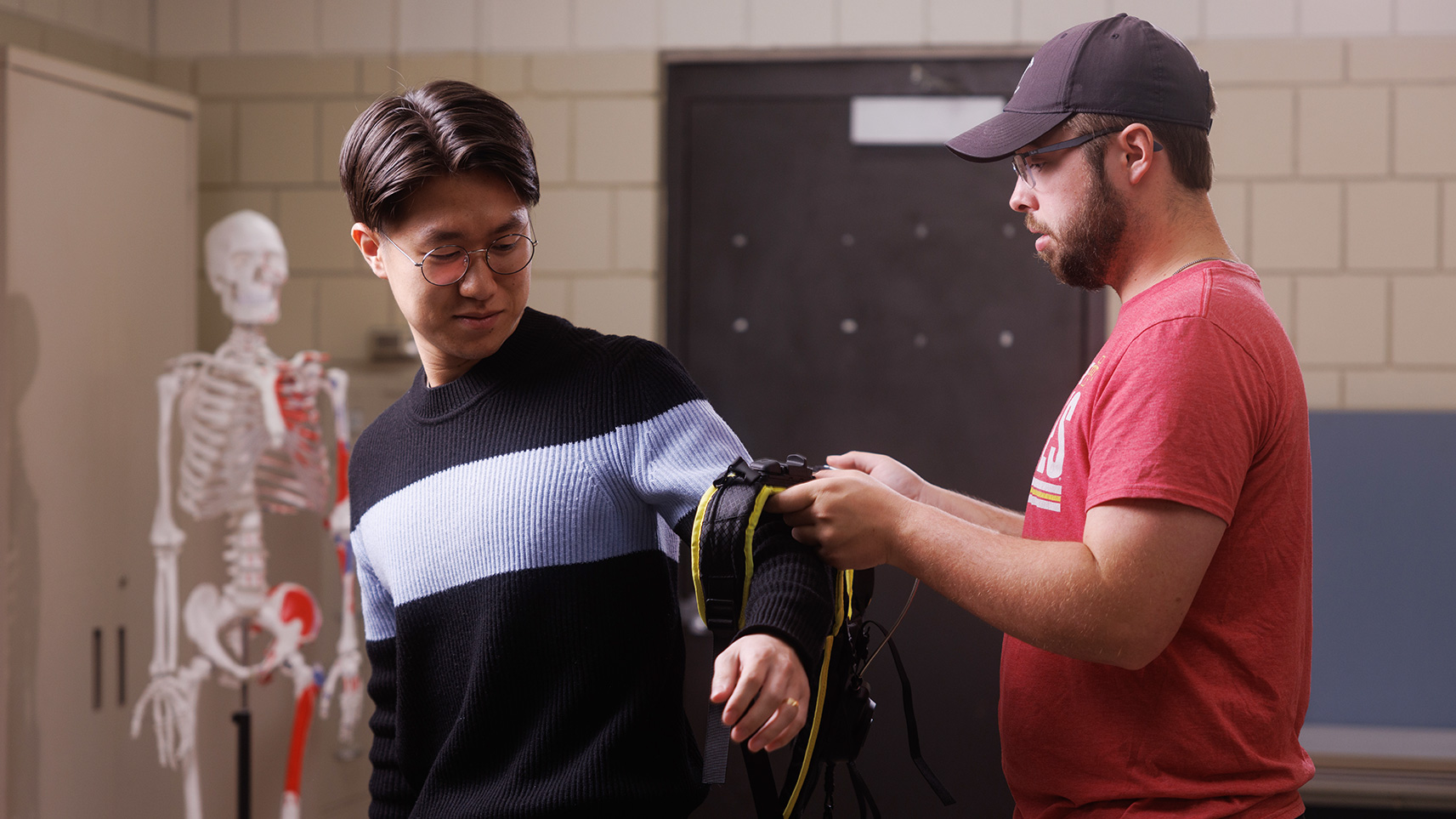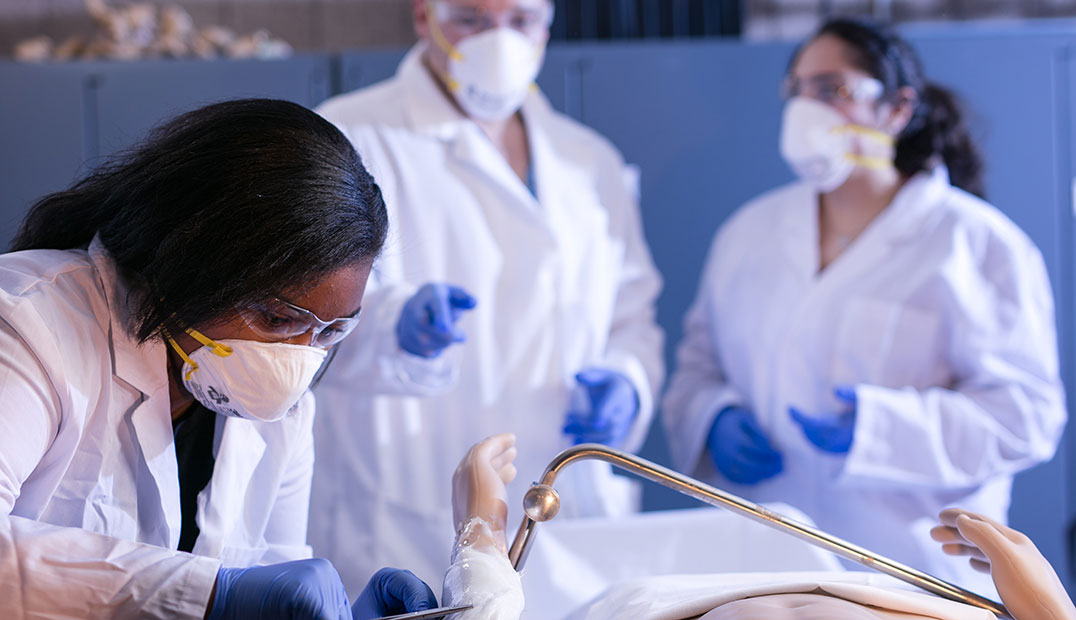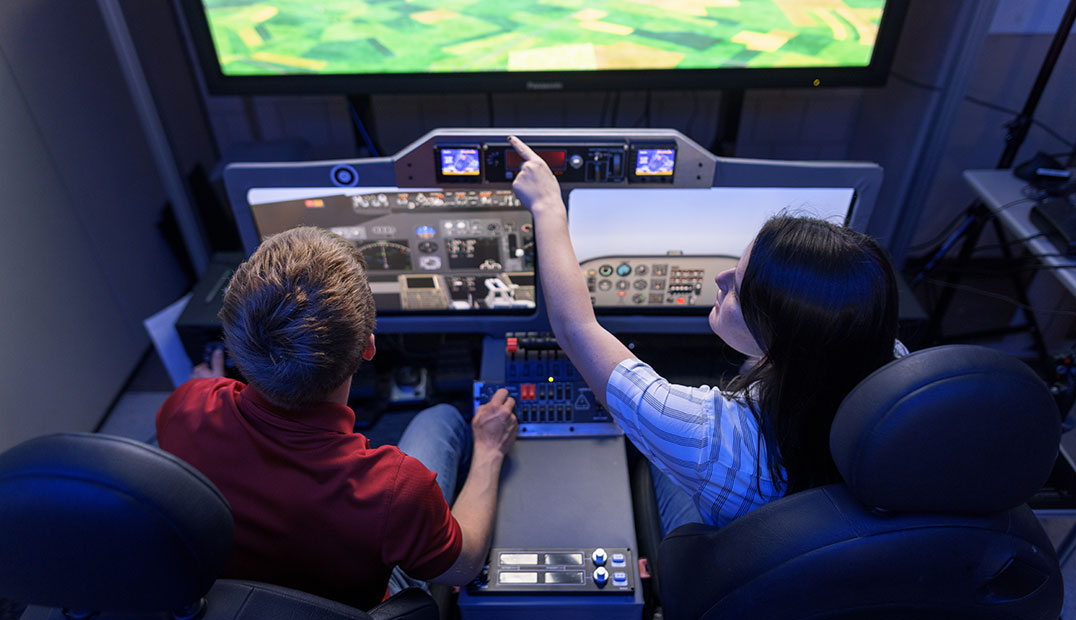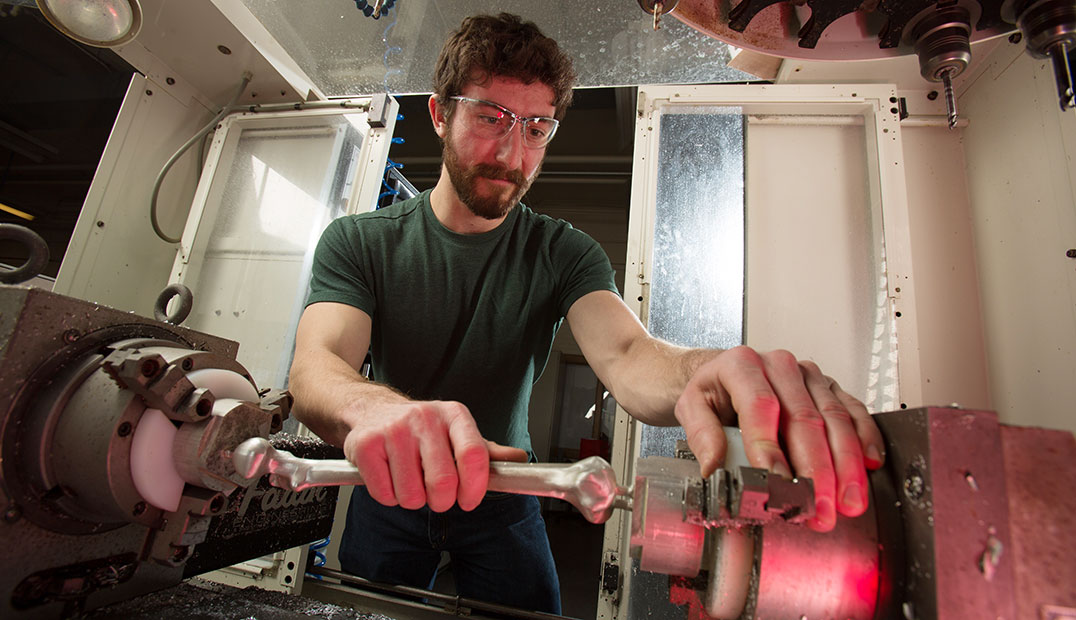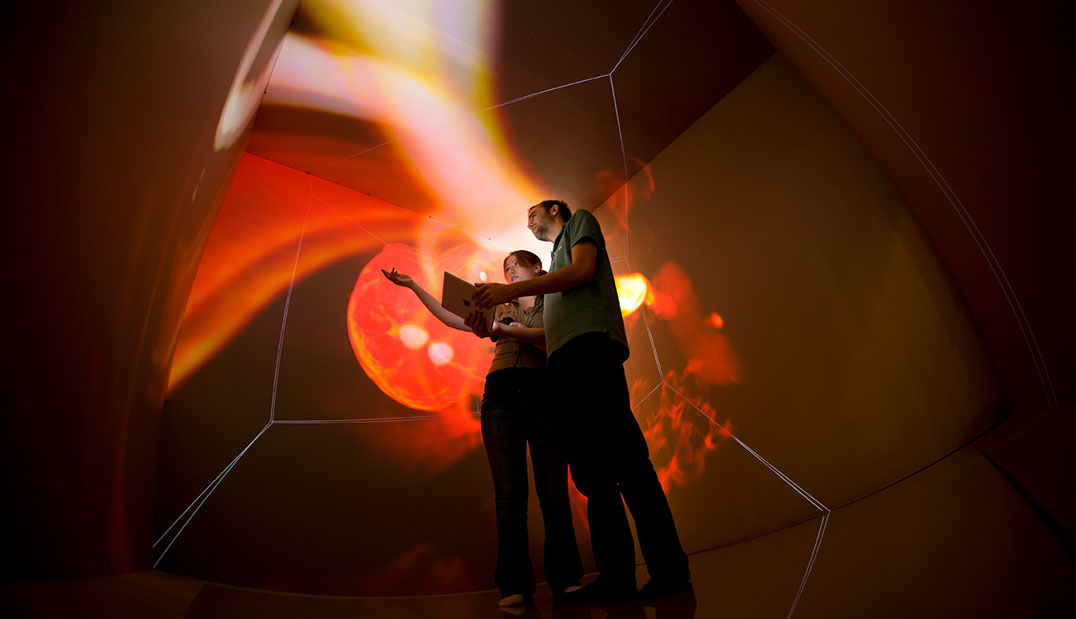Physical Ergonomics and Biomechanics Lab
0049 Black Engineering
Research done in the Physical Ergonomics and Biomechanics (ErgoLab) laboratory is in the areas of spine biomechanics and upper extremity biomechanics with a focus on understanding the underlying etiology of workplace injuries and exploring ergonomic intervention effectiveness.
Faculty researcher: Gary Mirka

